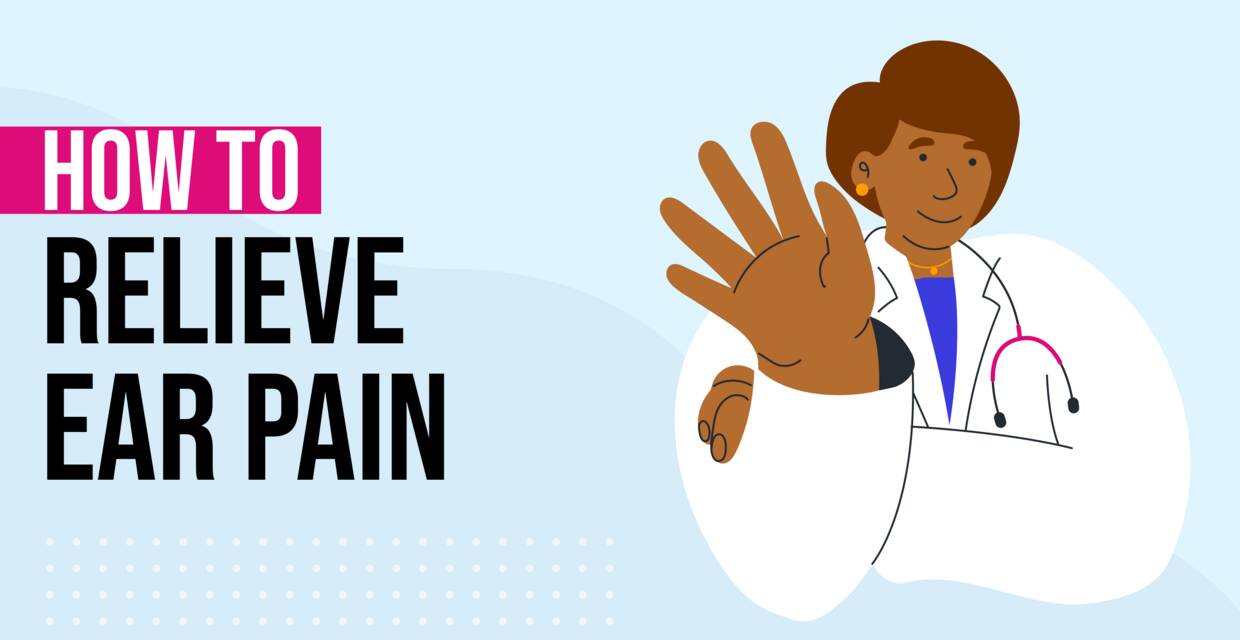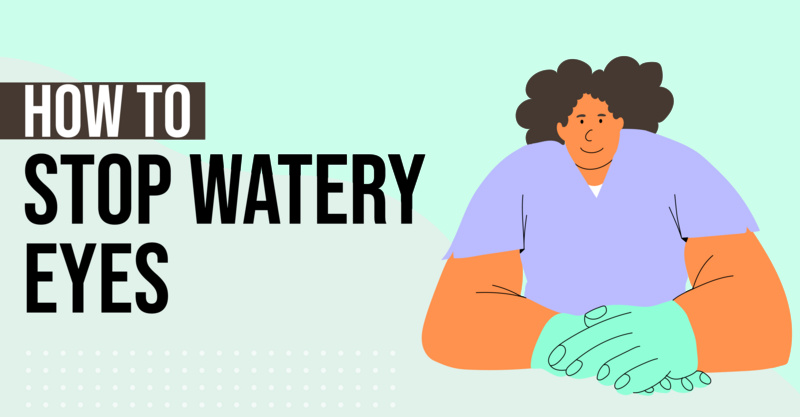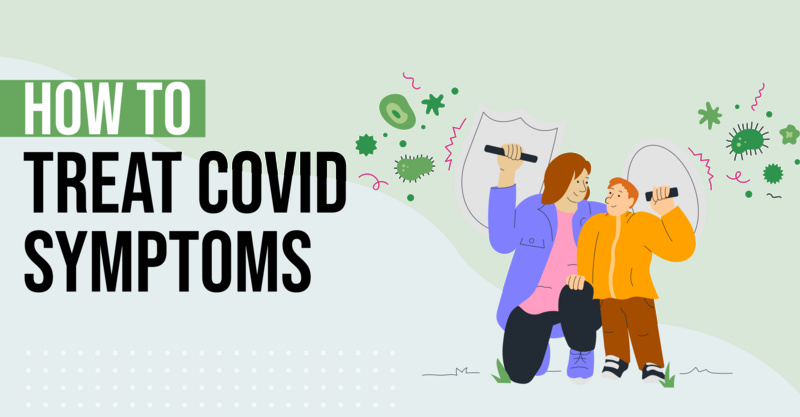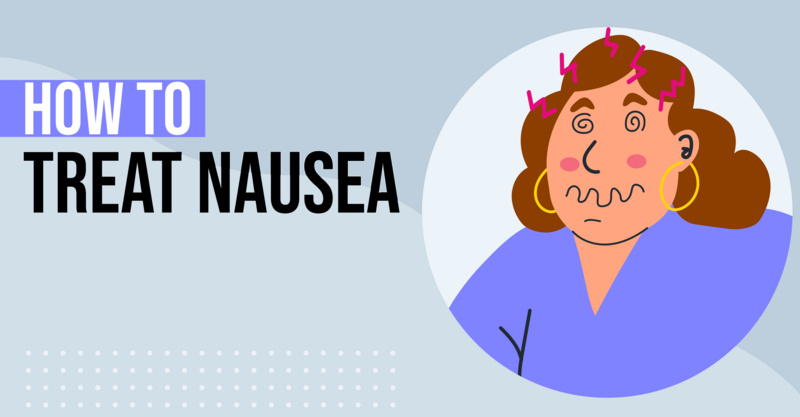Key Points
- The article provides a detailed guide on managing earaches at home, explaining that causes can range from ear infections and earwax buildup to tooth infections and trauma to the ear.
- A variety of home remedies are suggested to ease earache pain, including the use of ice packs, garlic, heating pads, homeopathic ear drops, over-the-counter pain relievers, and even chiropractic adjustments.
- It's important to seek medical attention for ear pain if certain symptoms are present, like fluid from the ear, high fever, severe ear pain that suddenly stops, or if symptoms persist beyond 24 to 48 hours.
- The article also offers preventive measures to avoid earaches, including maintaining a healthy lifestyle, using earplugs while swimming, drying ears thoroughly after water exposure, and avoiding injury to the ear with objects like cotton swabs.
Whether it's a dull ache or a stabbing pain, an earache can be super uncomfortable and distracting. Earaches can be caused by several reasons, according to WebMD, including:
- An ear infection
- A buildup of earwax
- Tooth or sinus infections
- Temporomandibular joint dysfunction (“TMJ”)
- Water in the ear (also known as “swimmer's ear”)
- A change in air pressure (common when flying in an aircraft or swimming deep below the water’s surface)
- Trauma to the ear (this can be caused by using Q-tips to clean the ear)
Fortunately, there are several things you can do to help ease your pain.
What to do When You Have an Earache
1. Try an Ice Pack
An ice pack can help reduce inflammation and numb an earache, according to Medical News Today. They recommend wrapping a cold pack or a bag of ice in a towel and placing it on the affected ear for 15-20 minutes at a time.
2. Use Crushed Garlic
Garlic may have natural antibacterial properties, according to Healthline. They note that this may be helpful if your earache is caused by an ear infection. If you want to try this approach, they recommend soaking crushed garlic in warm olive or sesame oil for several minutes and then putting a couple of drops of oil in the ear canal.
3. Place a Heating Pad Over the Affected Ear
Using a heating pad or hot water bottle on the affected ear can help reduce pain and inflammation, according to Healthline. The heat can be soothing for pain and may help promote drainage if you have water in your ear or an infection.
4. Try Homeopathic Ear Drops
Homeopathic ear drops are usually made from herbal extracts, according to Healthline. They can be found in some drugstores and may be just as effective as traditional over-the-counter ear drops according to research cited by Healthline.
5. Take Over-the-Counter Pain Relievers
Over-the-counter pain relievers like ibuprofen or acetaminophen can help an earache, according to Healthline. They note that you should follow the recommended dosage on the label.
6. Sleep Sitting Up
Sleeping in an upright position can help reduce pressure in the ear and relieve pain, according to WebMD. They recommend that you try propping yourself up with pillows or sleeping in a recliner if you have one. If you must lie down, Healthline notes that sleeping in a position that doesn’t put pressure on your ear can also be helpful.
7. Chew Some Gum
Chewing gum can help relieve pressure in the ear by promoting the movement of the jaw muscles, according to WebMD. This can be especially helpful if your earache is caused by air travel or other situations when you are changing altitude.
8. Use Tea Tree Oil
Tea tree oil is believed to have natural antibacterial properties that can help fight ear infections, according to Healthline. You can add a few drops of tea tree oil with a carrier oil such as olive oil or coconut oil and then use a dropper to put a few drops of the mixture into the affected ear.
9. Get a Chiropractic Adjustment
Some people find relief from ear pain with chiropractic treatment, according to Healthline. They note that a chiropractor may be able to help adjust the bones in your neck and spine to relieve pressure and promote drainage.
10. Try a few Drops of Olive Oil
Olive oil may help soothe the ear and reduce inflammation, according to WebMD. They recommend warming a small amount of olive oil and using a dropper to apply a few drops to the affected ear.
11. Do Some Neck Exercises
Gentle neck exercises can help relieve ear pain caused by tension in the neck muscles, according to Medical News Today. They recommend that you slowly rotate your neck and head, and then lift your shoulders toward your ears—repeating these gentle exercises can help relieve tension.
12. Use a Small Amount of Hydrogen Peroxide
Hydrogen peroxide has been a go-to remedy for earaches for a long time, according to Medical News Today. They recommend that you lay on your side and use a dropper to put 5 to 10 drops of hydrogen peroxide in your ear.
13. Give Ginger a Try
Ginger has natural anti-inflammatory properties that can help reduce pain and inflammation, according to Medical News Today. They recommend that you put shredded ginger in warmed olive oil around the outer canal of your ear.
14. Use a Hair Dryer
Using a hair dryer on a low setting can help dry excess moisture in the ear canal, according to Medical News Today. They recommend trying this technique after bathing or swimming (or whenever water may enter the ear). Be sure to hold the dryer several inches away from the affected ear and use a low or cool setting to prevent burning your ear.
When to see a Doctor for Ear Pain
Many earaches get better on their own within a day or two, according to WebMD. However, they note that if you have an ear injury or infection, you will need to see a doctor. They recommend that you go to a doctor if you have any of the following symptoms:
- You notice fluid (such as pus or blood) oozing out of your ear
- You have a high fever, or headache, or are dizzy
- You believe an object or insect stuck in your ear
- You have swelling behind your ear
- You have severe ear pain and it suddenly stops (which could mean a ruptured eardrum)
- Your symptoms don’t get better (or get worse) in 24 to 48 hours
How to Prevent Ear Pain
There are a few things you can do to help prevent earaches, according to WebMD. These include:
- Take steps to stay healthy by eating a well-balanced diet, exercising regularly, and staying up-to-date with routine vaccinations.
- Use earplugs or a swim cap to keep water out of your ears while swimming or showering.
- Dry your ears thoroughly with a towel after swimming or showering.
- Avoid injuring your ear with cotton swabs or other objects to dry your ears, as this can push moisture further into the ear canal.
Summary
When it comes to managing an earache at home, there are several strategies you can try, including:
- Using an ice pack
- Putting crushed garlic mixed with olive oil in the outer part of your ear canal
- Using a heating pad or hot water bottle
- Trying homeopathic ear drops
- Taking over-the-counter pain relievers
- Sleeping in a sitting position
- Not putting pressure on the affected ear
- Getting a chiropractic adjustment
- Putting shaved ginger mixed with olive oil in the outer part of your ear canal
- Drying your ear well with a hair dryer on a low/cool setting
- Adding tea tree oil to olive oil and putting a few drops in your ear
- Putting a few drops of hydrogen peroxide in your ear
- Chewing gum when you are changing altitudes
Frequently asked questions
What are some common causes of earaches?
Earaches can be caused by a variety of factors such as ear infections, earwax buildup, tooth or sinus infections, TMJ, water in the ear, changes in air pressure, or trauma to the ear.What home remedies can be used to alleviate earache pain?
Some home remedies include using an ice pack, crushed garlic, a heating pad, homeopathic ear drops, over-the-counter pain relievers, sleeping in an upright position, chewing gum, using tea tree oil, chiropractic adjustments, olive oil, neck exercises, hydrogen peroxide, ginger, and using a hair dryer.When should I seek medical attention for an earache?
You should seek medical attention if you have fluid oozing from the ear, high fever, dizziness, swelling behind the ear, severe ear pain that suddenly stops, or if symptoms don't improve within 24 to 48 hours.How can I prevent earaches?
You can prevent earaches by maintaining a healthy lifestyle, using earplugs while swimming or showering, drying your ears thoroughly after swimming or showering, and avoiding injury to the ear with cotton swabs or other objects.
Solv has strict sourcing guidelines and relies on peer-reviewed studies, academic research institutions, and medical associations. We avoid using tertiary references.


 LinkedIn
LinkedIn









